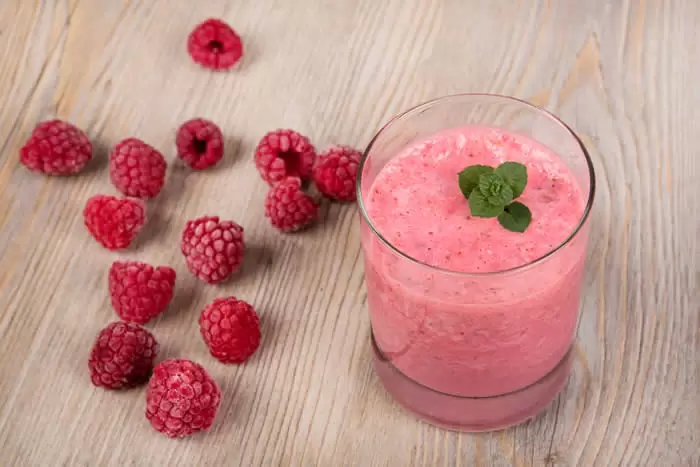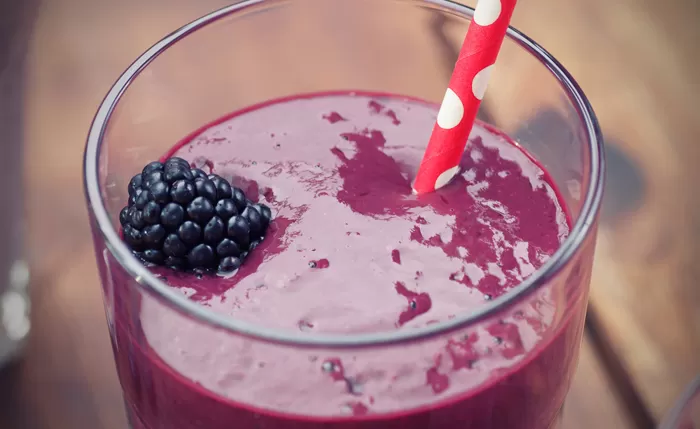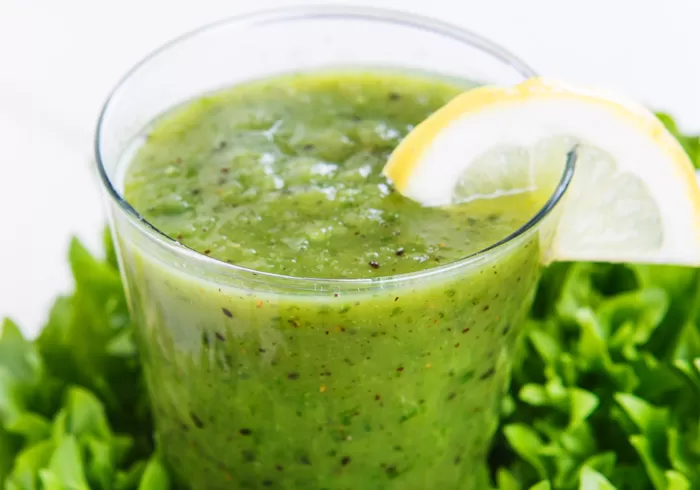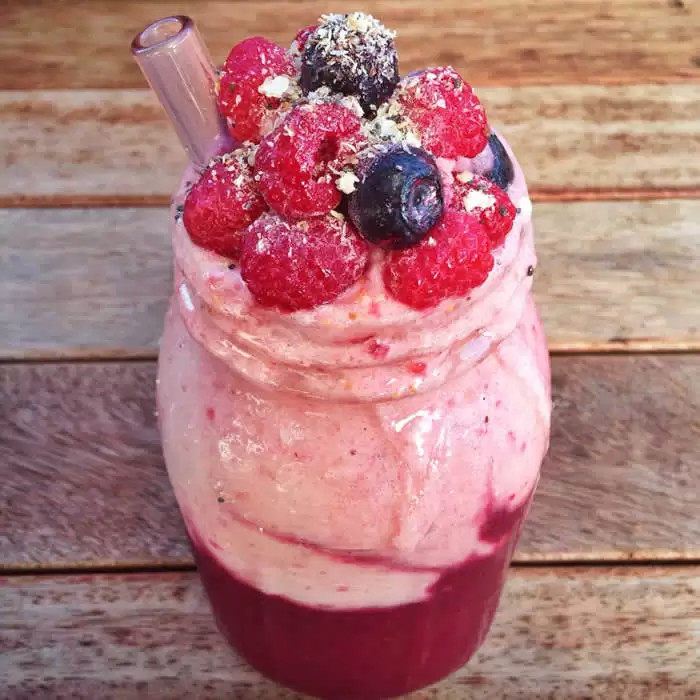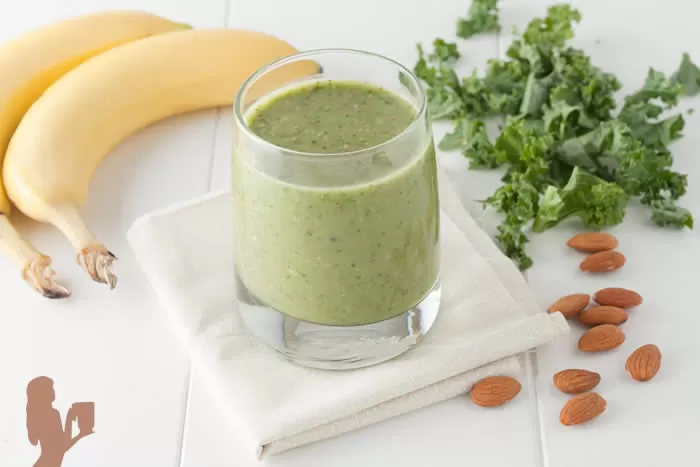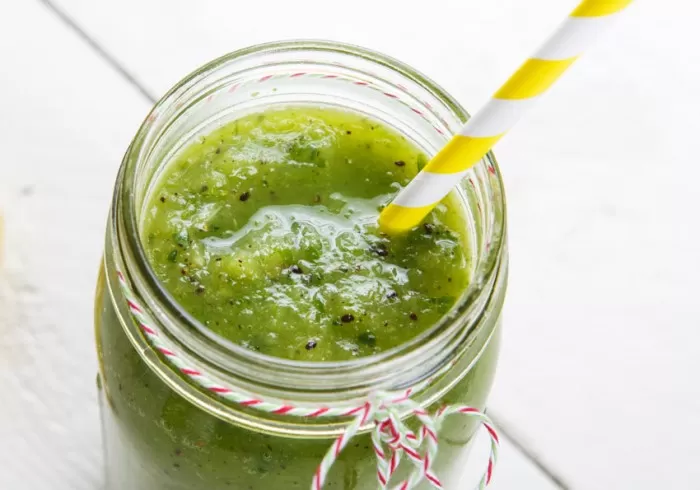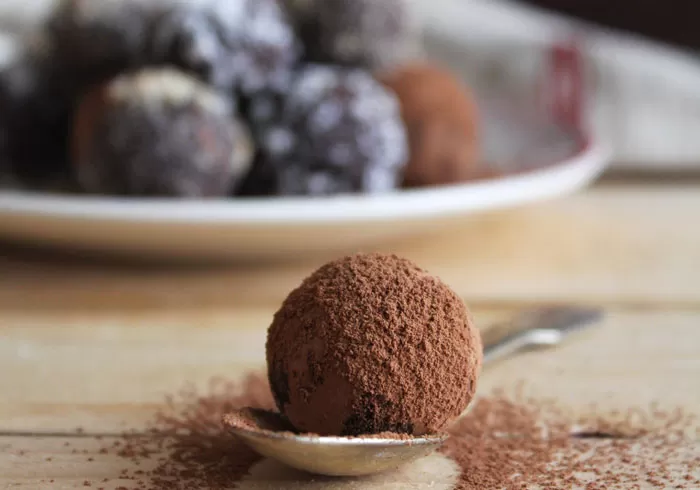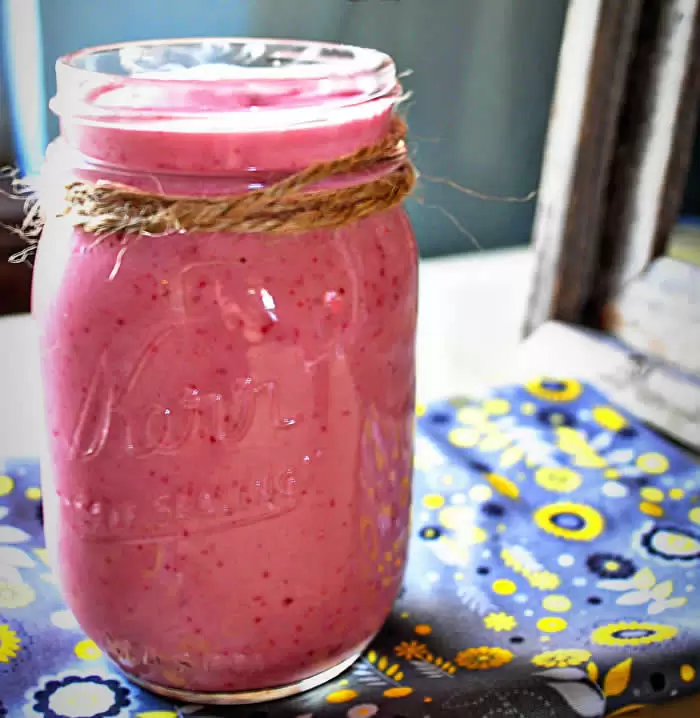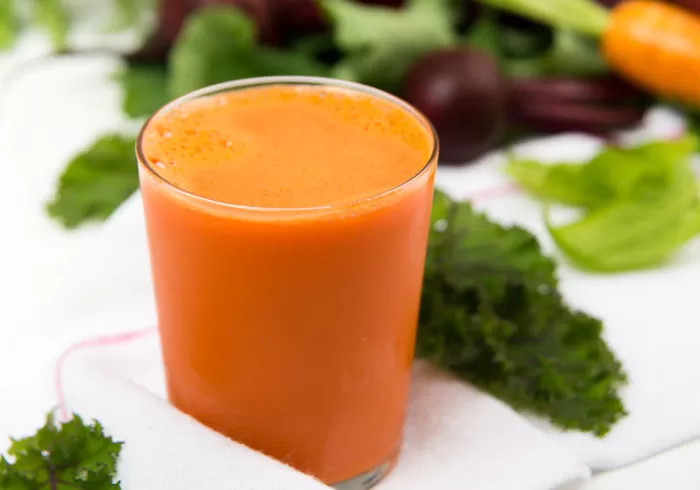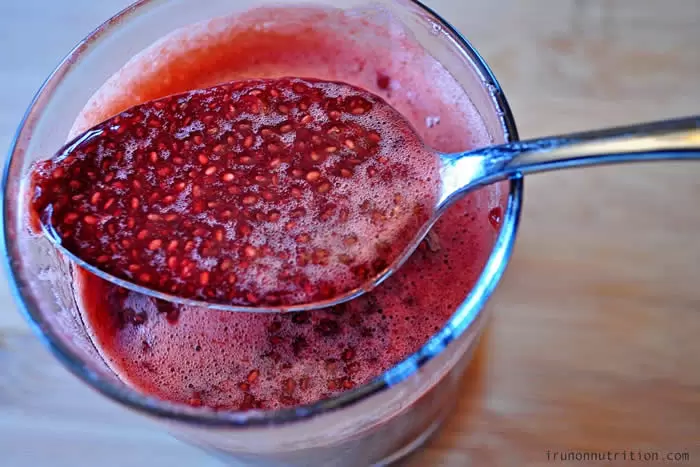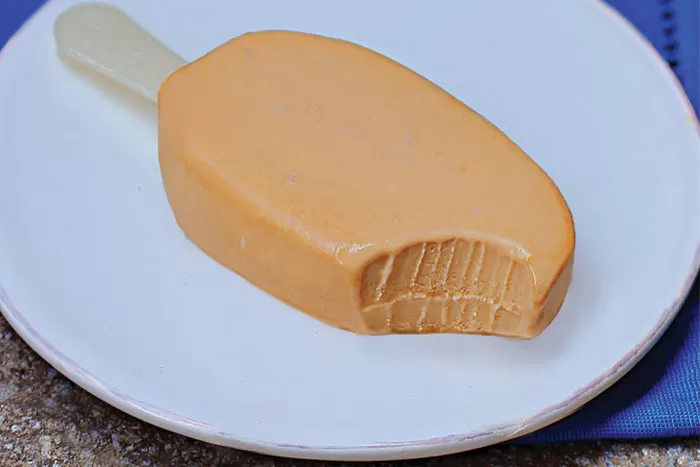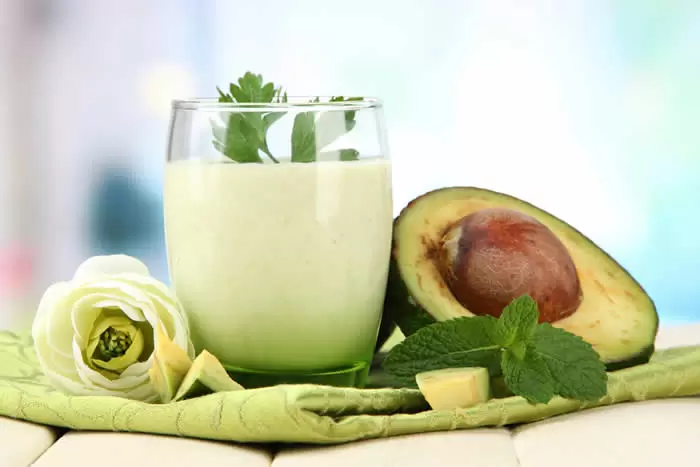 Enter our latest Blender Giveaway!
Enter our latest Blender Giveaway!
GLUTEN-FREE BRAZILIA CHEESE BREAD
This delicious recipe is the definition of quick and easy, and combines three amazing ideas: cheese, bread and gluten-freedom. If you are thinking “yum!” you are spot on. This is a highly adaptable gluten-free recipe, swap the parmesan cheese for your favorite (sharp cheddar? bleu? Mexican Cojita?), top with bacon pieces, whatever your taste buds can think up! Plus, when using your Vitamix or Blendtec blender, your home made bread dreams can be made a reality in no time flat.
After you have impressed your friends with your new baking prowess, be sure to join our community for more delicious bread and muffin recipes. If you do try this recipe, share your rating with us below!x

Gluten Free Brazilian Cheese Bread
Ingredients
- 2 eggs
- 2/3 cup expeller pressed organic canola oil or coconut oil
- 1 1/3 cup milk
- One 14 ounce package tapioca starch
- 1 cup cheese of your choice Parmesan is popular
- Salt to taste about 1 to 1 1/2 teaspoons
Instructions
- Preheat oven to 400ºF (204ºC).
- For Blendtec: Add wet ingredients first, then dry ingredients to your blender jar and press the BATTERS button.
- For Vitamix: Place wet ingredients in blender. Start on Variable Speed 1, slowly increase to speed 5 until well blended. Add wet ingredients to large bowl of dry ingredients and hand mix until well combined.
- Pour into greased mini muffin tin and bake for about 20 min.
- All done! Enjoy!! Now take a photo, rate it, and share your accomplishments! 🙂 Tag @BlenderBabes & #BlenderBabes
HEALTH BENEFITS AND FUN FACTS
Tapioca starch comes from the cassava plant, which is a root vegetable. Cassava is a healthy source of carbohydrates. Tapioca is considered a healthy starch because it is low in cholesterol and unhealthy fats. Coconut oil contains a lot of medium chain triglycerides, which are metabolized differently than normal saturated fats and can have therapeutic effects on several brain disorders, like epilepsy and alzheimers. Nearly half the fatty acid content in coconut oil is lauric acid, which can kill harmful pathogens like bacteria, viruses and fungi when you eat it.





